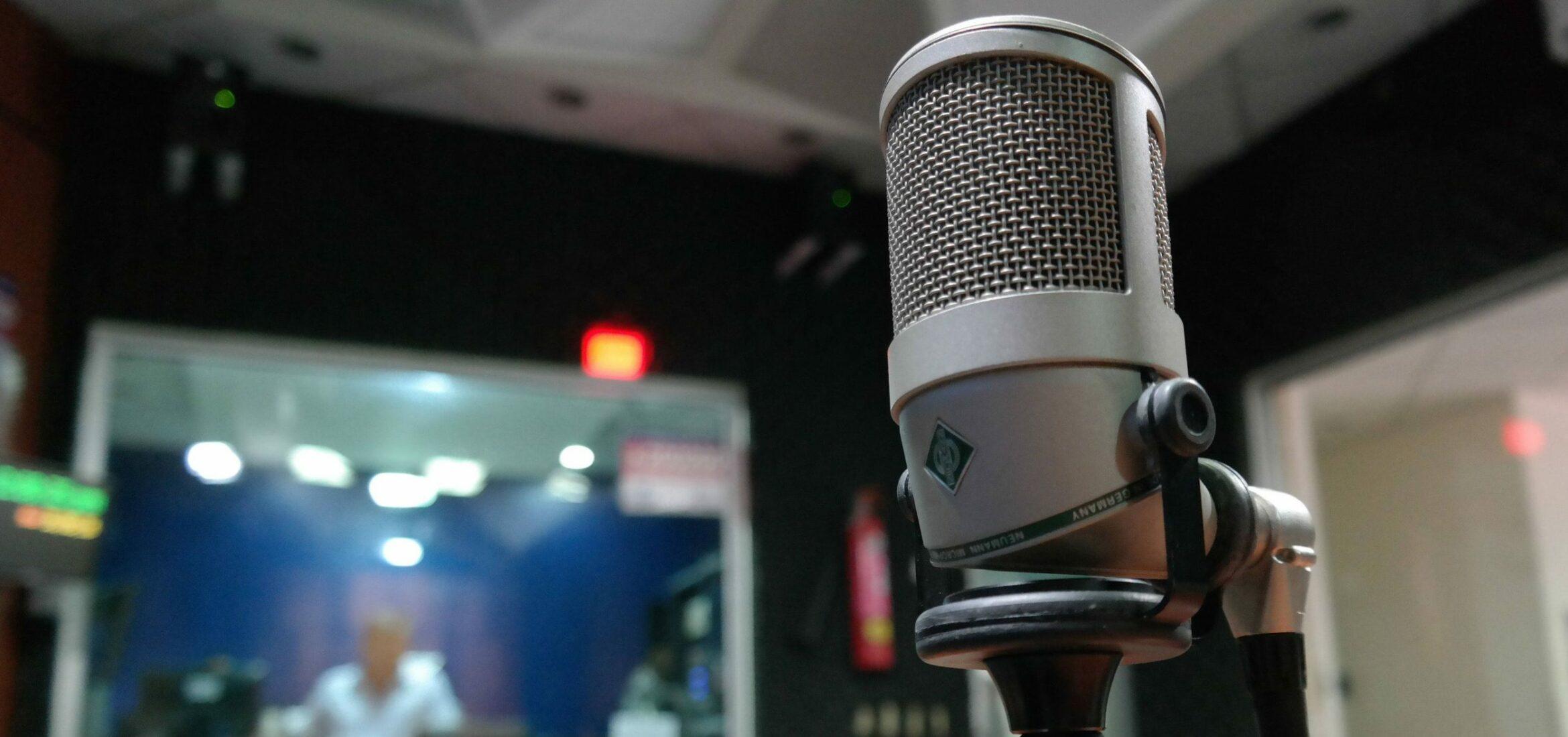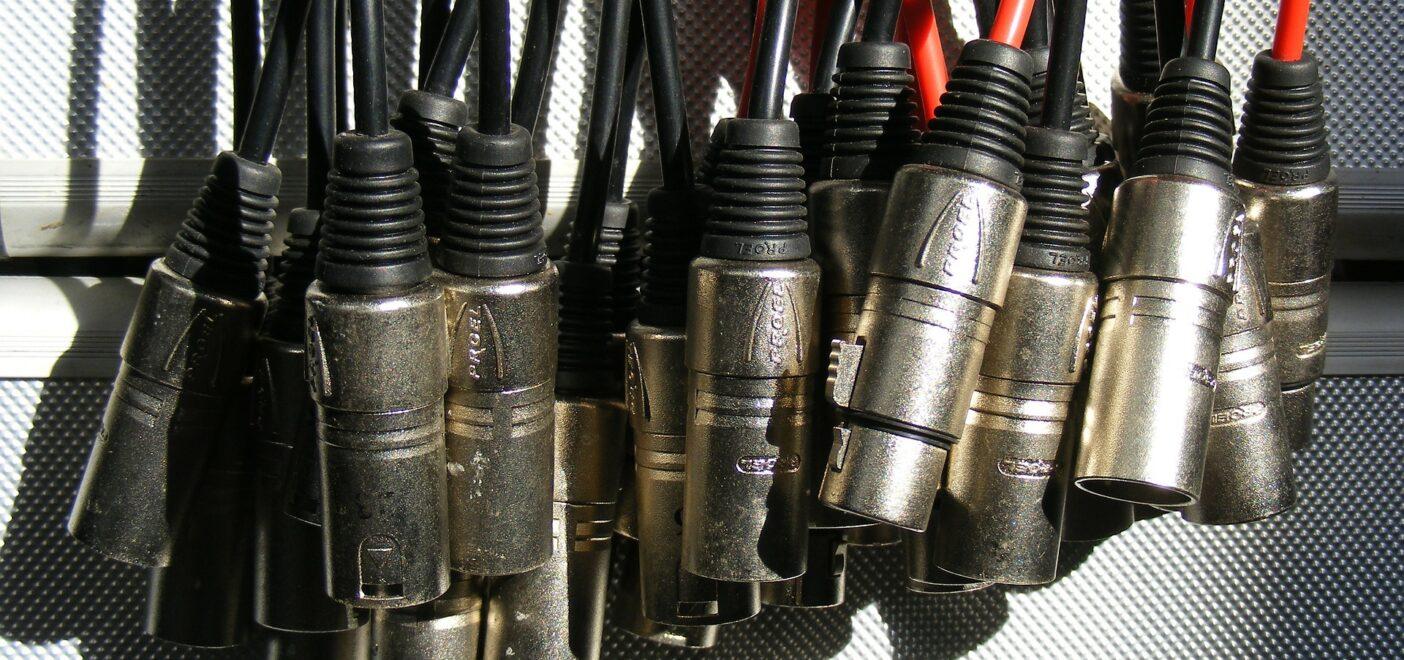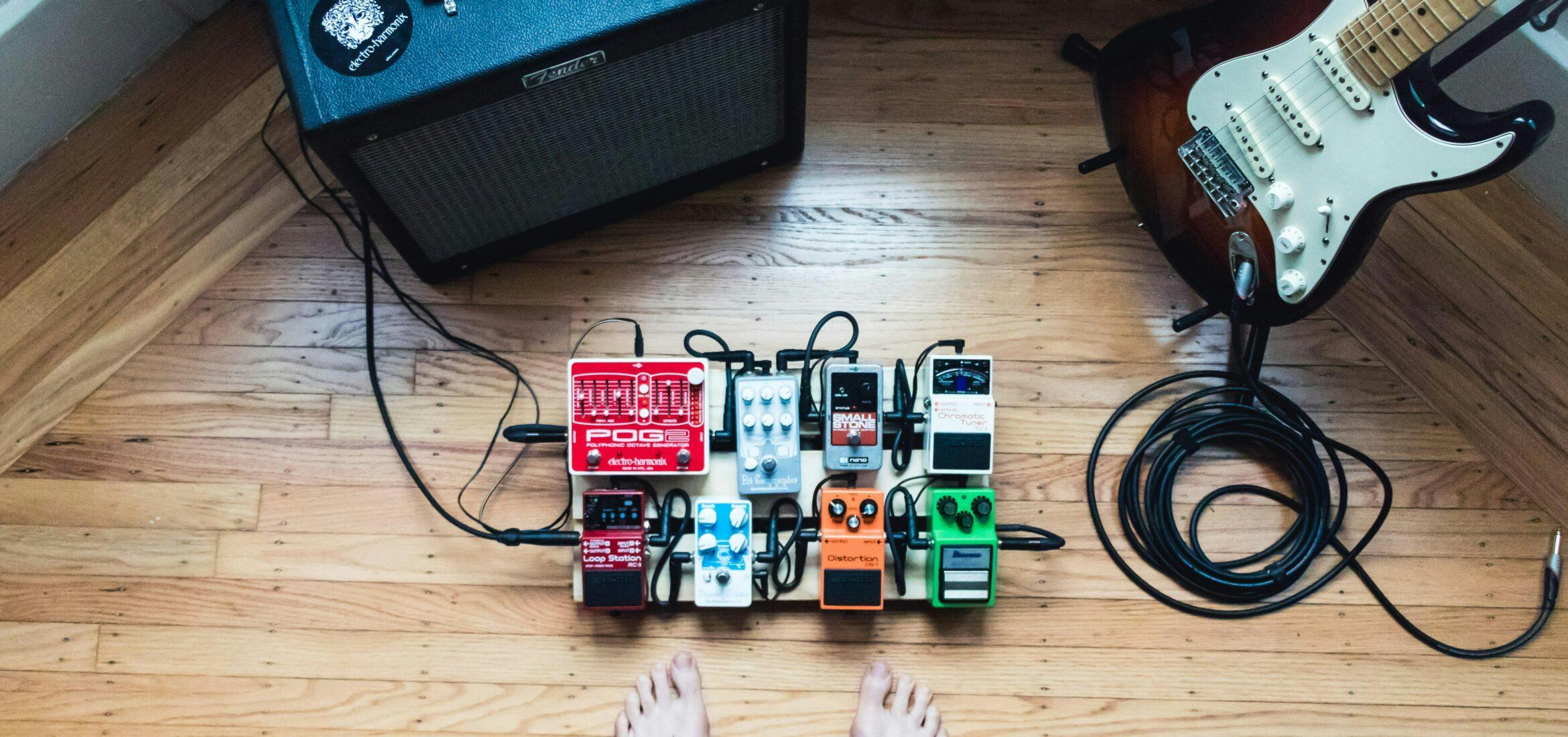Here at MasteringBox, we’re always looking for ways to offer as much help and advice to our users as possible. In the past, we’ve detailed the ins and outs of microphone types and some of their more specific uses. Today, I’d like to run through a simple guide to picking out the best vocal microphone for vocals. This could be for you as a performer or perhaps something to add to your home studio equipment. Maybe you’ve already got a microphone for vocals, but you’re in the market for something a little different? Let’s take a look at some of the key details to consider when choosing the best microphone for vocals.
Dynamic vs. Condenser
First off is the age-old question of dynamic or condenser. I am aware that we also have the option of ribbons, but this is likely to be the least sought-after microphone for vocals. In order to keep this as simple as possible, allow me to briefly detail the difference between dynamic and condenser microphones.
Dynamic Microphones
Dynamic microphones are typically used for louder sources. They have very high gain before feedback levels and are less sensitive than condensers. This means that they are unlikely to pick up as much of the fine quality that a condenser could. If you’re working with loud singers or rappers who tend to get a bit carried away (or just full-on shout most of the time), opting for a dynamic microphone would be a good choice. You’ll be able to capture the full power of the performance without worrying about the microphone being able to handle high SPLs up close. A popular option for a dynamic microphone for vocals is the Shure SM7B.

Condenser Microphones
The most commonly used microphone type for recording vocals, condensers, fills every recording studio under the sun. With literally hundreds to choose from, you can likely find a condenser microphone perfectly suited to your needs. Condensers provide sensitivity and delicacy, offering beautiful color and character in recordings. They capture the smallest sonic nuances and create truly intimate recordings. From budget models like the Audio Technica AT2020 to Vintage Telefunken U47s, you enjoy a range of choices, each offering something slightly different.
Features of the Best Microphone for Vocals
One of the key things to consider when choosing a microphone for vocals is the features it offers beyond just being a microphone. Many microphones provide adjustable polar patterns, switchable attenuators, and high-pass filters. Additionally, examine the circuitry type and the frequency spectrum of the microphone.
If you want to achieve some wonderful warmth and depth in your vocals, consider purchasing a tube microphone. Keep in mind that tube microphones require their own power supplies, which means you’ll need to warm them up before use and have an additional power outlet available. Finally, evaluate the microphone’s frequency response in relation to the vocals you plan to capture. For example, if you know the vocalist has a very nasal vocal range, choosing a microphone that is less aggressive in the 500-1,000Hz range will work perfectly.
These days, modeling microphones have become an attractive alternative—offering professional-grade tones at just a fraction of the cost of true vintage originals. Thanks to their modern construction and solid-state components, they’re built to withstand heavy use and resist wear over time. That combination of wallet-friendly pricing and long-term reliability makes them a smart investment for any studio setup.

Budget, Quality, and Longevity
Next, we come to the fiscal elements of choosing the best microphone for vocals. Investing in audio equipment can be quite expensive, so you want to ensure that what you’re getting provides as much bang for your buck as possible.
Build quality should be just as paramount as the sonic qualities of the microphone. Make sure that it feels sturdy and solid in your hands. You want to know that it could withstand a few knocks over the years because let’s face it, it’s bound to happen! You also want to make sure that the microphone is going to interface with your current equipment correctly. There’s nothing worse than buying a new microphone for vocals and then finding out that your preamps don’t supply enough gain to really get them going.
Longevity is also something to consider when you’re buying a new microphone. If you’re purchasing this microphone for yourself and you intend to create album after album of new music, then investing in something of slightly higher quality with more built-in features is definitely worth it. Equally, if you’re buying a new microphone for vocals for your studio where you’ll have paying customers, it’s likely to pay for itself in no time. Everyone gets excited when they hear that my studio has a Neumann U87, and it keeps them coming back. Set yourself a sensible budget, but don’t be afraid to spend a few extra dollars to see some serious improvement in quality.

A Word on Preamps
A final consideration when choosing microphones for vocals is preamps. As the saying goes, a chain is only as strong as its weakest link. Even if you spend $1,000 on a microphone, you won’t make the absolute best use of it if you continue using old, cheap audio preamps. Many of you have probably discovered that the music equipment market can be quite a money pit, but as I mentioned before, investing in quality equipment for the long run will pay dividends in the end. Quality truly is everything, so it’s absolutely worth pairing your new microphone for vocals with a quality preamp to maximize the results!
TL;DR
Choosing the best microphone for vocals can be tricky. Firstly, assess what the most common source you need to capture will be. This assessment will help you decide between dynamic and condenser microphones. Afterward, explore the additional features that certain microphones offer. Next, ensure that you invest in a well-built microphone. You want it to provide great results and last a long time. Avoid replacing equipment every year unless you’re upgrading. Invest a few extra bucks in something that will truly withstand the test of time. Finally, consider the preamp that you will pair with your vocal microphone. Each piece of equipment holds equal importance.
On a side note, if you’ve chosen to go with a condenser, then check out Sweetwater’s vocal mic shootout page. They’ve got audio files for 50 popular microphones for vocals so you can get a feel for the sonic properties of some of the microphones you’re interested in.
Sobre el autor

Tim Dunphy
Ingeniero de sonido y redactor de contenidos especializadosMás de 10 años de experiencia trabajando en el sector del audio. De todo, desde enrollar XLR hasta masterizar álbumes. Soy un hombre hecho a sí mismo y mantengo mis activos en Bitcoin. ¿Qué más hay que saber?
Deja un comentario
Inicia sesión para comentar


